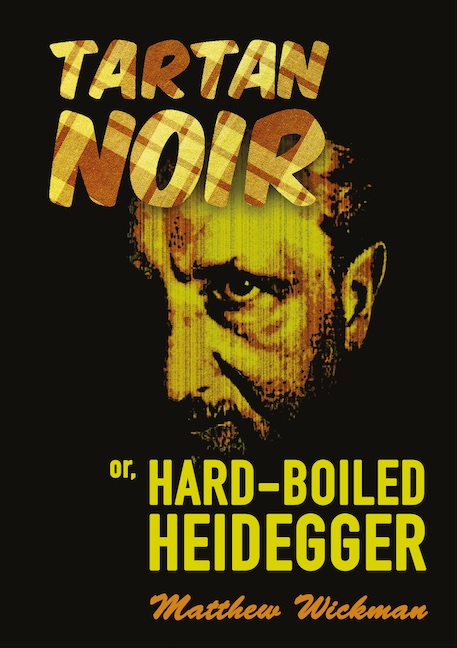
“Tartan Noir” is the name accorded by James Ellroy to the robust industry of crime fiction that has come of age in Scotland over the past thirty years. Many people trace the origins of this genre to William McIlvanney’s 1977 novel Laidlaw, where he emulated the punchy, hard-boiled pulp that had emerged in the U.S. in the 1920s and 1930s.
Hard-boiled style has always had something punkish about it, originally deriving its tough-guy shtick through ironic imitation of Ernest Hemingway. Indeed, “hard-boiled style” is almost a contradiction in terms, the installation of an orthodoxy against which the genre purportedly chafed. But this orthodoxy is precisely what makes Laidlaw interesting, as McIlvanney filters modern Glasgow through the forms and formulas of American writers such as Dashiell Hammett and Mickey Spillane.
What does Laidlaw tell us about the state of the literary tradition within which it is embedded? And how might the novel help us conceptualise the political state of Scotland?
Matthew Wickman is Founding Director of the Brigham Young University Humanities Center. His interests range widely from the British (and particularly the Scottish) long eighteenth century and Romanticism to modernism, literary and intellectual history, literary theory, and the interdisciplinary humanities (involving mathematics, law, the sciences, etc.).
